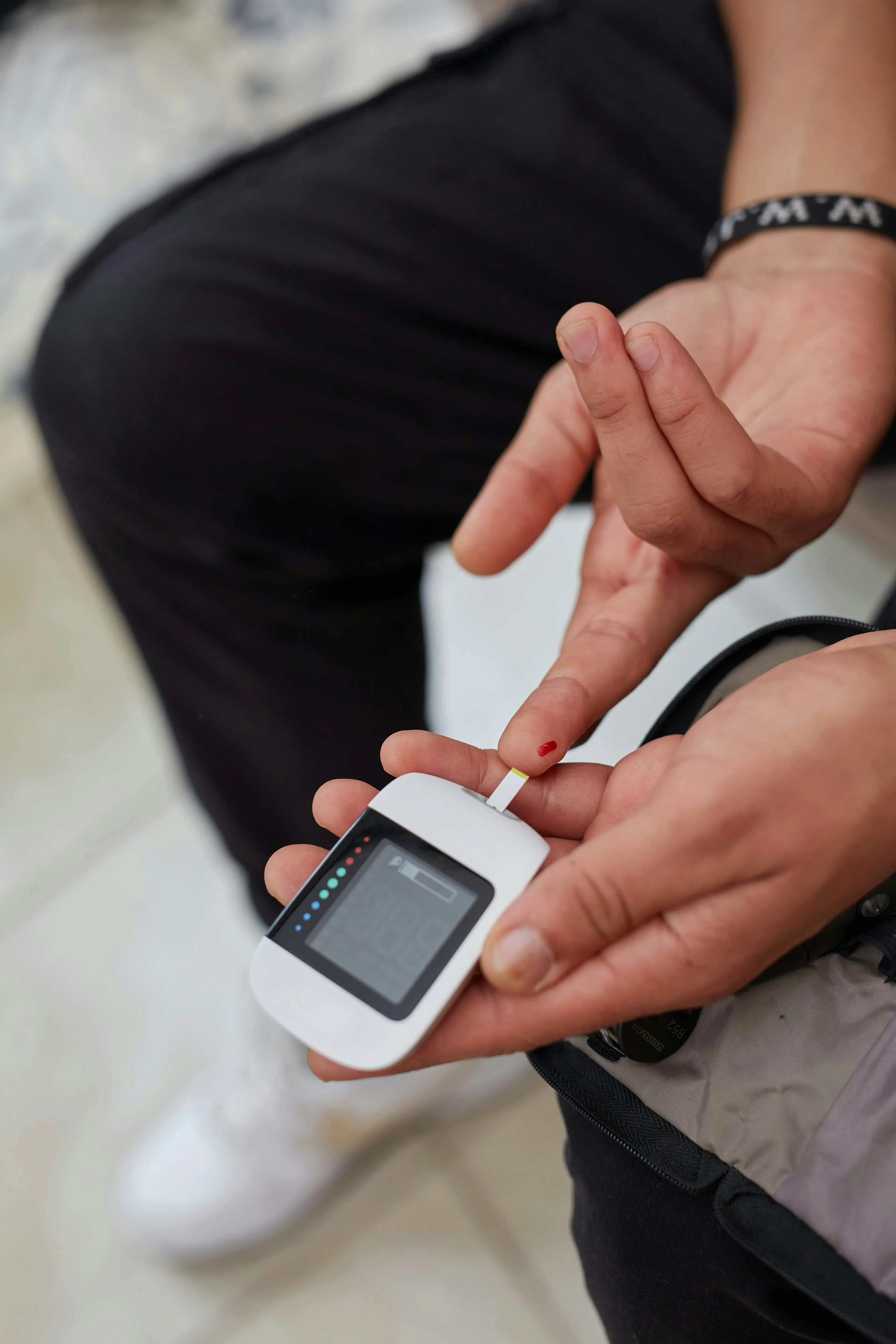Study Reveals Income Impact On Parents Of Children With Type 1 Diabetes

Type 1 diabetes, a lifelong autoimmune condition, demands constant vigilance, including daily insulin injections and regular blood sugar checks. In Sweden, over a thousand children receive this diagnosis annually, placing significant responsibility on their parents, both at home and in school settings. According to recent findings, this responsibility often leads to financial strain, particularly on mothers.
Dr. Beatrice Kennedy, a physician at Uppsala University Hospital, spearheaded a study that sheds light on this issue. The research found a notable decline in parents' work-related incomes after their child’s diagnosis, with mothers experiencing a 6.6% drop compared to a 1.5% decrease for fathers. These figures are even more striking when considering that mothers already earned less than fathers before the diagnosis. The situation is particularly challenging for mothers of preschool-aged children.
The study, a collaborative effort involving the Centre for Health Economics Research at Uppsala University and the University of Gothenburg, analyzed data from over 26,000 parents of children diagnosed with type 1 diabetes between 1993 and 2014. The research utilized national population and health records, including data from the Swedish Child Diabetes Register (Swediabkids), and compared it to a broader group of parents without diabetic children.
Initially, mothers' pension-qualifying incomes (a measure that combines wages and societal benefits) rose following their child’s diagnosis due to the parental care allowance from the Swedish Social Insurance Agency. This allowance is designed to offset income losses and cover specific costs related to the illness. However, this increase was temporary. Over time, specifically after eight years, these incomes declined and had not rebounded even 17 years later.
Tove Fall, a Professor of Molecular Epidemiology who initiated the project, remarked that while this study focused on parents of children with type 1 diabetes, similar financial challenges may affect parents of children with other chronic conditions. The findings indicate a need for enhanced societal support for these mothers to mitigate the economic burden of caring for a chronically ill child.